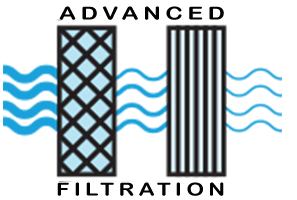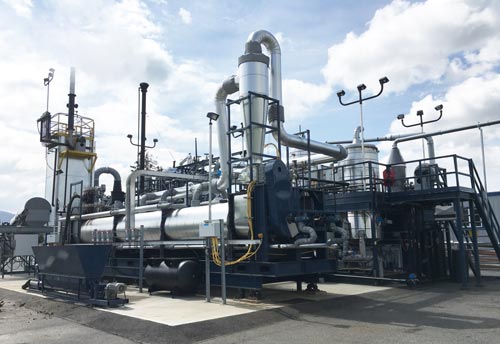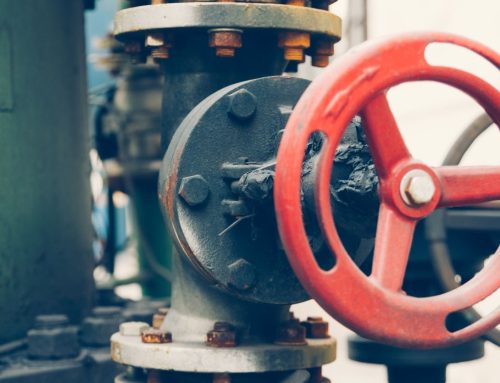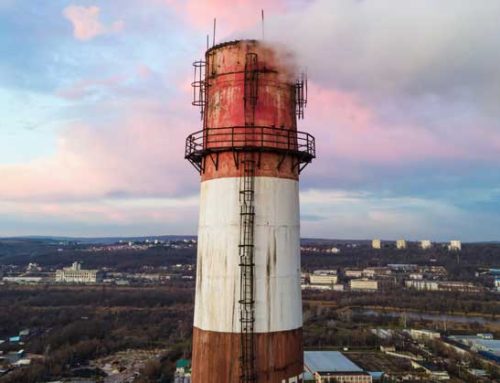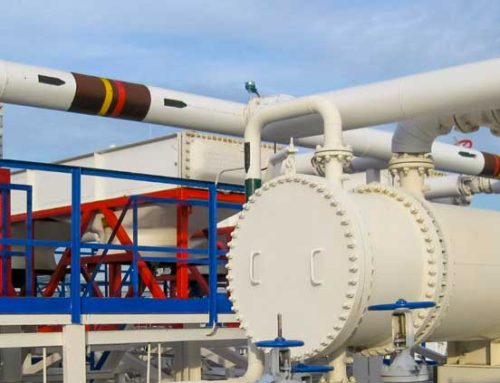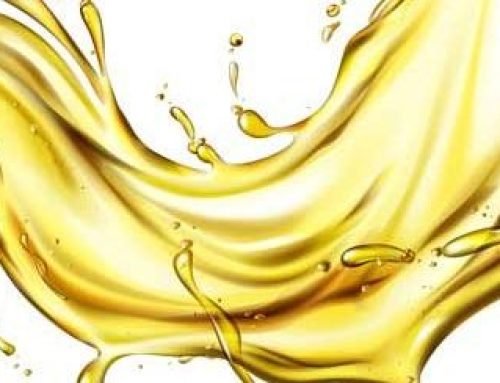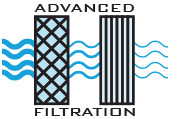Which Industrial Filtration Do You Go With?
Choosing Industrial Filtration Systems from the many options available to those in the field of industrial filtration, purification of lubricating and hydraulic oils, and EHC fluids is a complex task.
EHC Filtration Flushing
Electrohydraulic (EHC) filtration is a vast and expansive category, but contamination is probably the largest problem associated with EHC systems, and can often result in costly turbine outages or even damage. Since the fluid is the heart of the system, contamination will inevitably lead to downtime on machinery, and is a cause for concern.
To remove the dangerous deposits in the EHC system, a flushing process can be done. The flushing fluids usually contain acid that breaks down and dissolves the deposits and allows them to then be flushed into the machines reservoir where they can be removed. The acids are then removed from the system by another flush.
Lube Oil System Flushing
To remove scale and particles from the piping of the system, a lube oil flush is recommended. The system must first be flushed with a high velocity flush to remove all flow restrictions, best done with an external pump and filter, and then oil should be flushed through the lube oil system at roughly four or five times the usual rate of flow. This helps to remove the scale and build up in the system, and flush it out in to the reservoir so that it can be filtered out completely.
To keep the oil clean is beneficial, as it leads to less down time and breakages in the system, where the buildup becomes too heavy to handle, almost like a clogged artery, if you will.
High Velocity Turbine Oil Flushing
To avoid having to flush turbines, it is advised to maintain the proper condition of the oil. However, that can be difficult due to different oil and lubricant qualities received from suppliers.
It is suggested to regularly check the system’s interior using an endoscope. To remove contaminants such as sludge and rust, an immediate cleaning and flushing of the entire system must be performed- by a professional. Replacing oil is also mandatory. An effective method is to use hydrodynamic cleaning and flushing systems.
Water Removal
Prevention of water or moisture from a hydraulic or lube oil system can be tricky. This procedure depends upon the amount of moisture present in the operating system and also the form that it is in, in other words if it is dissolved in the oil or free of the oil.
Small amounts of water or moisture can be removed by placing water-absorbing filters or breathers on active venting systems. Large amounts of water require the use of vacuum dehydrators and centrifuges to be removed. Each case is unique in the fact that what works on one system may not necessarily work on another. It is advised to implement these preventative measures from the beginning to avoid expensive removal procedures further down the line.
Air Removal
Aeration can be a serious problem if not handled properly. It can lead to pump damage and the slowing down of the hydraulic system. Aeration can be caused by a variety of reasons.
Getting air out of a system is done by adding a 100 mesh screen into the reservoir of the system, at about 30 degrees from a horizontal position, to gather the air together and then allow the bubbles to rise to the surface. This works best when the reservoir capacities are lower.
Mechanical Filtration
Automatic self-cleaning filters can dramatically reduce product loss, and don’t require much operator management and time.
Most popular liquid filtration options are bag filters and cartridge filters, both of which are cost effective and are able to be used across a wide range of products, making them a popular choice. Both can be used not only on oil and lubrication filtering, but also for food and beverage, chemical, paint and even acid filtrations. Selecting the correct mechanical filter can seriously reduce the risk of equipment damage, operator maintenance time, and improve product quality.
Basket strainers in duplex and simplex types, as well as T-type strainers and pipeline basket strainers, can also be manually inserted and removed from the reservoirs to maintain oil quality levels.
Choosing Industrial Filtration Systems from the many options available is complex. We’re glad to help.
Request a quote on Choosing Industrial Filtration Systems.
